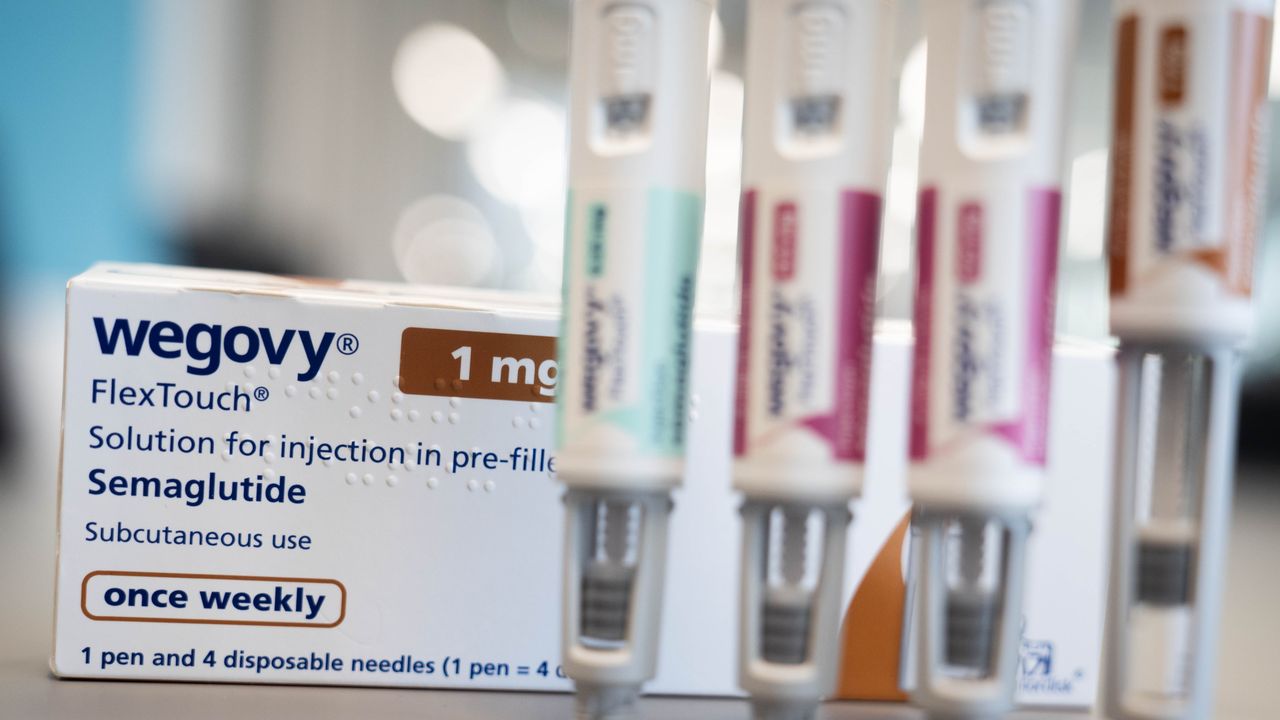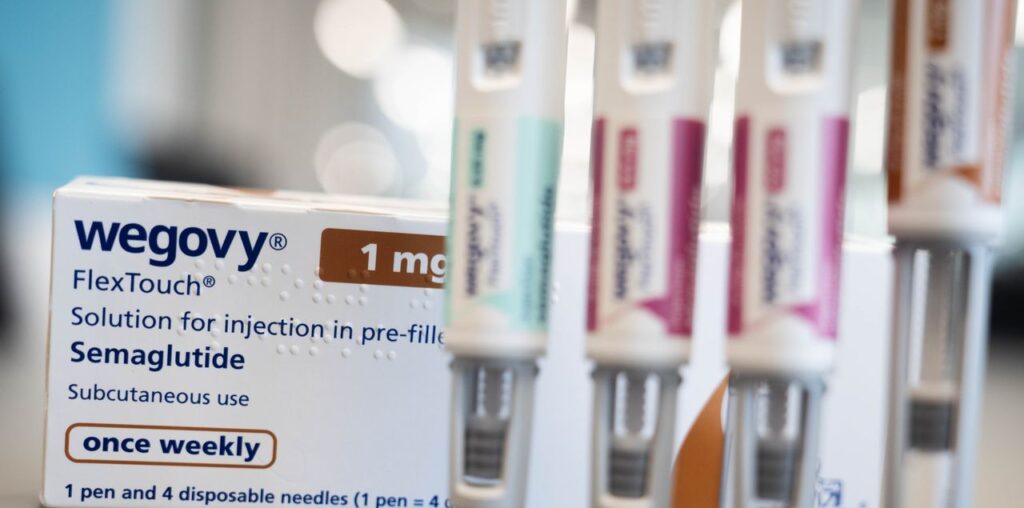
The Biden administration on Tuesday proposed requiring Medicare and Medicaid to cover anti-obesity drugs.
Why it matters: The rule would expand access to the medications for millions of Americans struggling with obesity, who are at higher risk of diabetes, stroke and cardiovascular disease, according to a White House fact sheet.
- The proposal could set up a conflict between pharmaceutical companies and Robert F. Kennedy Jr., President-elect Trump’s nominee for secretary of the Health and Human Services Department, who is an Ozempic critic.
Driving the news: The new rule would expand access to the drugs for 3.4 million Americans on Medicare and another 4 million on Medicaid who are obese, per the fact sheet.
- The plan would be a “game changer” for Americans who otherwise wouldn’t be able to afford the weight loss drugs, Health and Human Services Secretary Xavier Becerra told AP.
- The proposal could cost taxpayers as much as $35 billion over the next decade, per AP.
State of play: About 40% of American adults are considered obese and therefore at risk of further health complications, according to the Centers for Disease Control and Prevention.
- High price tags and insurance restrictions made the drugs difficult to access for many Americans, especially those on Medicare and Medicaid.
- “Without insurance coverage, these drugs can cost someone as much as $1,000 a month,” the fact sheet stated.
The big picture: Demand for the drugs, known as GLP-1 agonists, has surged in recent years.
- While the drugs were originally approved to treat diabetes, they were later approved for use in obesity as well as heart disease.
- The popularity of Ozempic among celebrities and TikTokers has also contributed to shortages for patients in need.
Go deeper: United States of Ozempic: Where anti-obesity drugs are taking off
Editor’s note: This is a developing story. Check back for updates.

